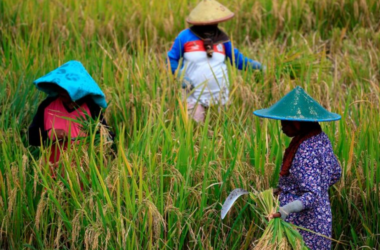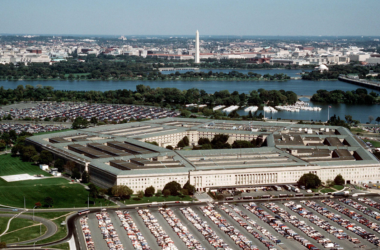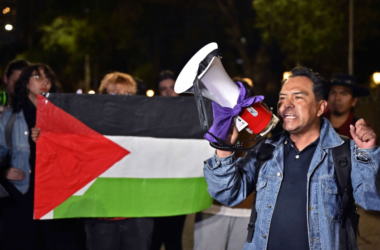In a joint statement titled “Joint Statement by Harvard Palestine Solidarity Groups on the Situation in Palestine,” more than 30 student organizations at Harvard University have laid blame on Israel, holding it “entirely responsible” for the recent Hamas attack on the Jewish nation. This contentious letter, which includes Amnesty International’s Ivy League affiliate, has sparked debate and discussion regarding the complex situation in the Middle East.
The student organizations assert that Hamas’ attack on Israel should not be viewed in isolation but rather within the broader context of the Israeli government’s policies. They argue that for over two decades, Palestinians have endured life within an “open-air prison,” a situation they attribute to the Israeli government’s actions.
The crux of the student organizations’ accusation is that Israel bears sole responsibility for the ongoing violence. They categorically label the Israeli government as an “apartheid regime” and insist that it is the primary source of the conflict. According to them, Israeli actions have been instrumental in shaping Palestinian existence for the past 75 years.
The letter enumerates a litany of grievances, from land seizures to airstrikes, arbitrary detentions, military checkpoints, enforced family separations, and targeted killings. These actions, according to the student organizations, have collectively contributed to what they describe as a state of perpetual suffering for the Palestinian population.
The Harvard student organizations’ statement has ignited controversy, both on and off campus, as it lays the entire blame for the recent violence on Israel. Critics argue that the situation is far more complex, with both sides engaged in a protracted conflict that has deep historical roots and multifaceted causes.
This provocative statement has fueled debates about the Israeli-Palestinian conflict, prompting discussions on the role of international actors, historical grievances, and the quest for a peaceful resolution. It remains to be seen how this declaration will influence the ongoing discourse surrounding the Middle East and its complexities.








